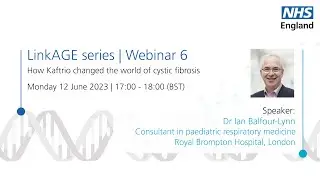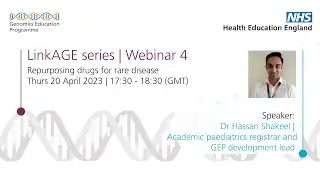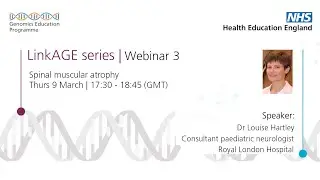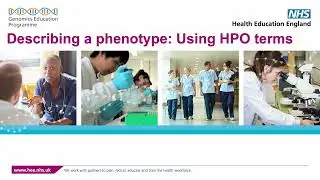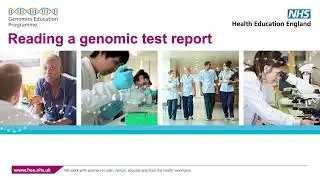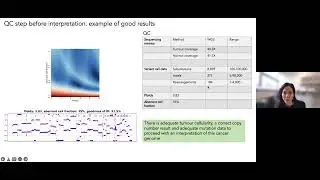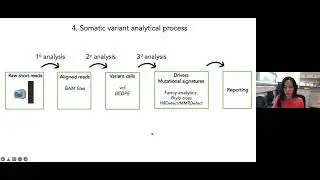Interpreting Results: Beware the Amplification of Error
Our 'Clinical Genetics in Action' series was created in collaboration with the Royal College of Physicians. The films were initiated at a meeting of the Joint Committee on Genomics in Medicine (The British Society for Genetic Medicine, The Royal College of Pathologists and The Royal College of Physicians), with development led by Dr Kate Tatton-Brown and Dr Katherine Josephs at St George's Hospital, London. Clinical Genetics is an area of medicine that is rapidly evolving as more genomic tests are developed and we learn more and more about the links between genes and disease. The series showcases some of the many breakthroughs in genomics and how they are changing the lives of patients, whilst also highlighting some of the challenges for healthcare professionals of using genomic technologies.
In this video, Dr Angela George, Consultant in Oncogenetics, outlines the importance of exercising caution when reporting genomic variants, discussing the challenge posed by variants of uncertain significance.
Dr George describes a case where a woman came to her clinic for predictive testing on the advice of her sister, who had had testing in another country and was found to have a variant in a gene called BRCA2. The woman's sister was told that this variant was probably responsible for the breast and ovarian cancers that were prevalent in their family, and had a double mastectomy based on this advice. (She was also planning to return to hospital to have both of her ovaries removed as a risk-reducing measure). As Dr George explains, however, by UK classification, this variant was not deemed to have sufficient evidence linking it to breast and ovarian cancer, so no action would have been taken in the NHS. Then, nine months later, the variant was re-classified as non-pathogenic (non-disease-causing), meaning her patient's sister had had drastic and unnecessary surgery.
Dr George's example drives home the importance of careful and accurate reporting, whilst showing the complexities of interpreting genomic data.
Health Education England's Genomics Education Programme is developing a substantial education programme to inform healthcare professionals about the impact of genomics on clinical practice. This video is the one of the many educational resources from the programme.
For more information visit https://www.genomicseducation.hee.nhs.uk















